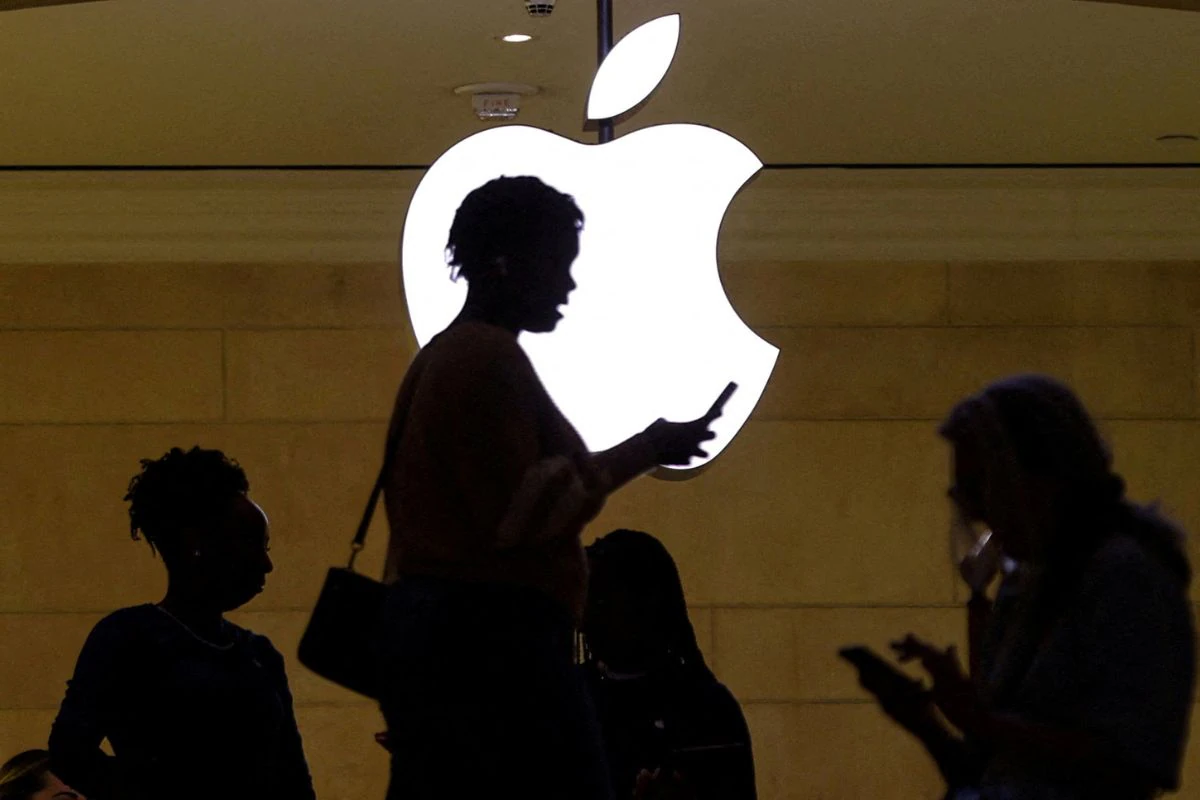Indonesia celebrated a significant victory after Apple Inc. agreed to increase its investment to $1 billion to lift a ban on the sale of iPhone 16s. However, experts warn that this aggressive approach may deter future investments, especially as neighboring countries like Vietnam and India offer more investor-friendly policies.
Apple’s revised bid, up from $10 million, includes plans for a supplier to establish a plant on Batam Island, employing approximately 1,000 workers. The Indonesian government aims to attract foreign direct investment (FDI) by leveraging its market of 270 million people. “We want fairness—you benefit here, you invest here,” said Investment Minister Rosan Roeslani.
While Apple follows Samsung and Xiaomi in complying with Indonesia’s domestic content rules, analysts argue that such policies raise costs and create regulatory hurdles. David Sumual, chief economist at PT Bank Central Asia, highlighted that local suppliers often lack the capacity to meet global standards, especially in high-tech industries.
Indonesia’s domestic content requirements mandate a 35% local production ratio for mobile devices, with plans to increase it. However, the shift to advanced wireless technology has made compliance challenging due to a lack of local alternatives.
Meanwhile, Vietnam and India attract higher investments with tax incentives, streamlined processes, and global supply chain freedom. For instance, Apple has invested $15 billion in Vietnam, where officials offer extensive support for investors.
“Indonesia’s restrictive policies could push companies toward more liberalized markets,” said Jia Hui Tee, trade policy analyst at the Hinrich Foundation, signaling a potential challenge for the nation’s FDI ambitions.

